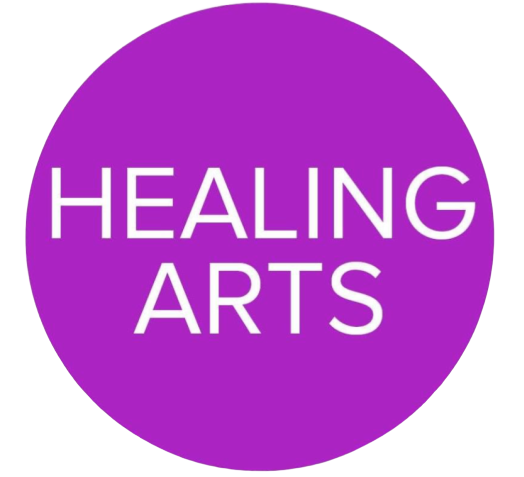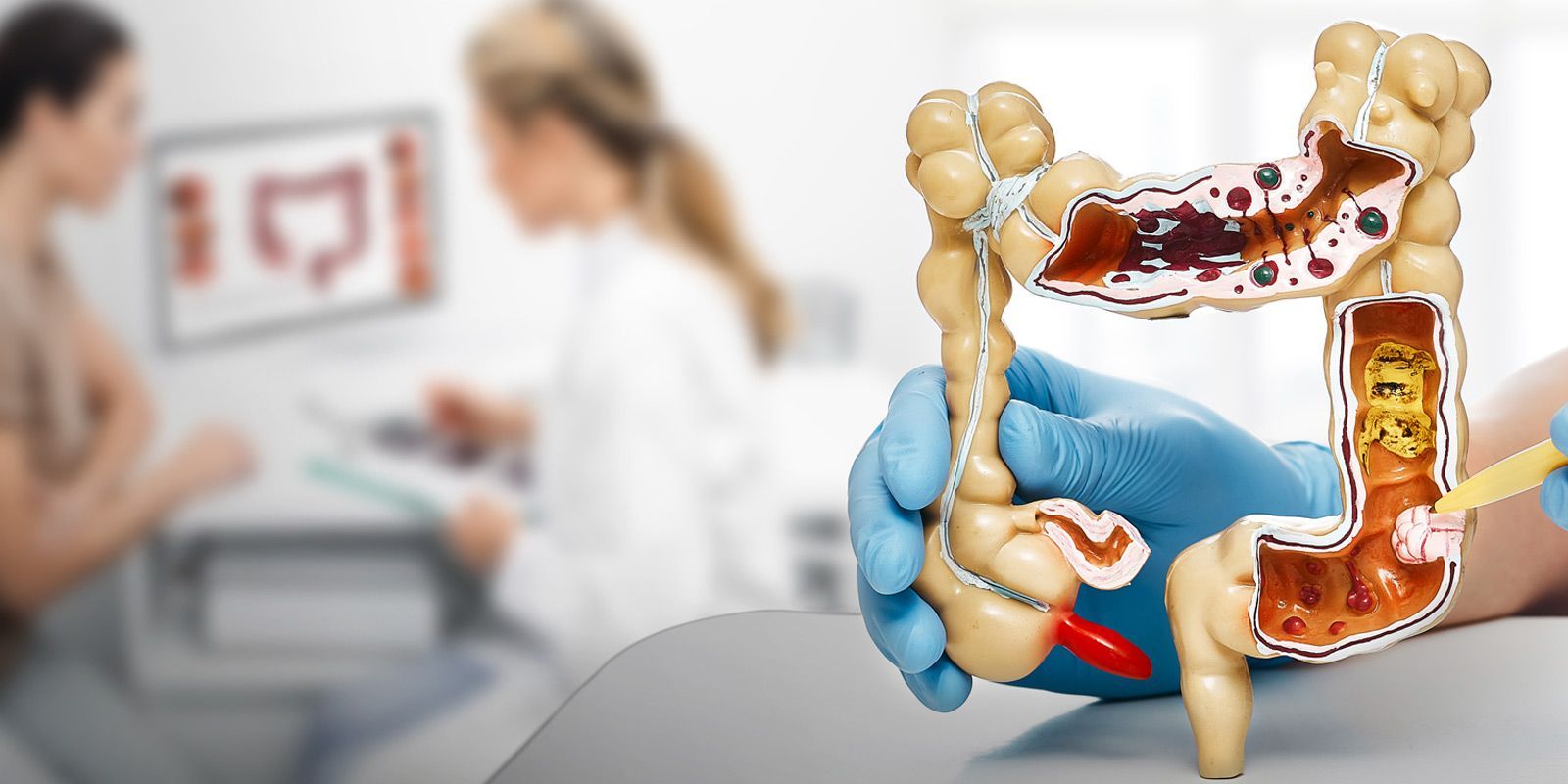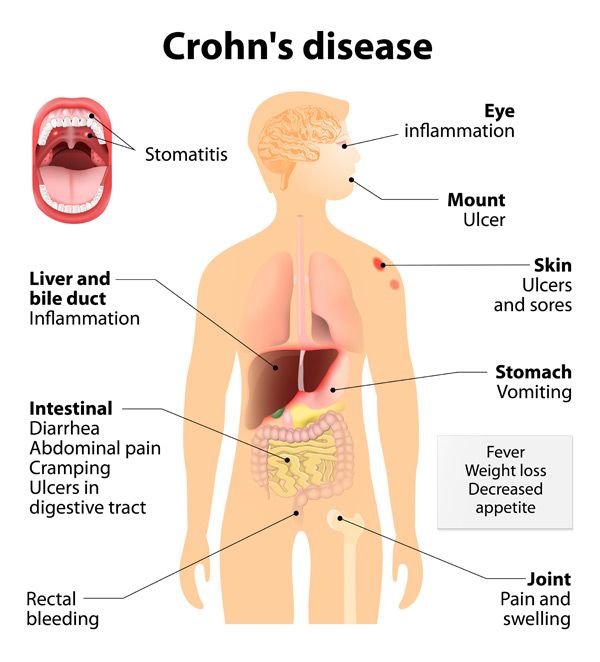Natural Remedies for Crohn's Disease at the Healing Arts NYC Health and Wellness Center in Manhattan NY 10017 and Connecticut
What is Crohn's Disease?
Crohn's disease is an inflammatory bowel disease (IBD) that may affect any segment of the gastrointestinal tract. It causes swelling of the tissues (inflammation) in your digestive tract, which can lead to abdominal pain, severe diarrhea, fatigue, weight loss, and malnutrition. Crohn's disease is a chronic and sometimes life-threatening condition with no known cure.
Symptoms of Crohn's Disease
One of the main aspects of Crohn's disease is its symptoms and types. Crohn's disease can cause various symptoms that range from mild to severe and may come and go over time. However, some of the common symptoms include abdominal cramps, diarrhea, weight loss, fever, and anemia. These symptoms can affect patients' quality of life and well-being and may lead to complications such as malnutrition, dehydration, or infections.
Crohn's disease can also affect different parts of the gastrointestinal tract in different people. There are five subtypes of Crohn's disease based on the location and extent of inflammation:
- Ileocolitis (affecting the small intestine and colon)
- Ileitis (affecting only the small intestine)
- Gastroduodenal Crohn's disease (affecting the stomach and duodenum)
- Jejunoileitis (affecting patches of the jejunum)
- Crohn's colitis (affecting only the colon)
Each subtype has its own specific symptoms and complications. For example, ileocolitis can cause pain in the lower right abdomen, while gastroduodenal Crohn's disease can cause nausea, vomiting, or ulcers. Knowing the type of Crohn's disease can help doctors tailor treatment plans accordingly.
Causes of Crohn's Disease
The exact cause of Crohn's disease is not known, but it is believed to be caused by a combination of environmental, immune, and bacterial factors in genetically susceptible individuals1. Some possible causes are:
- Immune system dysfunction: Your immune system normally protects you from harmful invaders such as bacteria, viruses, fungi, and other microorganisms. However, in Crohn's disease, your immune system may mistakenly attack healthy cells in your digestive tract, causing inflammation and damage. This may be triggered by an infection or a dysbiosis (imbalance) of gut bacteria.
- Genetic factors: Crohn's disease tends to run in families, so if you or a close relative has the disease, your family members have an increased chance of developing it. Studies have shown that between 5% and 20% of people with Crohn's disease have a first-degree relative (such as a parent, child, or sibling) who also has the disease. Researchers have identified several genes that may increase your risk of Crohn's disease.
- Environmental factors: Where you live and what you are exposed to may also play a role in the development of Crohn's disease. The disease is more common in developed countries than undeveloped countries; urban areas than rural areas; northern climates than southern climates; and among people of eastern European backgrounds than other ethnic groups. Some environmental factors that may contribute to Crohn's disease include cigarette smoke, pollution, stress, dietary factors (such as gluten or dairy intolerance), medications (such as nonsteroidal anti-inflammatory drugs), or infections (such as measles).
Crohn's Disease Untreated
Untreated Crohn's disease can be uncomfortable and even painful. You may experience more frequent abdominal cramps, diarrhea, fatigue, weight loss, and malnutrition. But there are some complications of untreated Crohn's that are severe and potentially life-threatening. Some of these complications include:
- Abscesses: These are pockets of infection filled with pus that can form in the abdomen or around the anus². They can cause fever, pain and swelling and may need to be drained or treated with antibiotics.
- Anal fissures: These are tears in the lining of the anus that can cause bleeding and itching. They can be very painful and may need surgery to heal.
- Bowel obstruction: This is when the inflammation causes the intestine to thicken or narrow, blocking the passage of stool or food. This can cause severe abdominal pain, vomiting, constipation, or diarrhea. It may require surgery to remove the obstructed part of the intestine.
- Colon cancer: This is when abnormal cells grow in the colon and form tumors. People with untreated Crohn's disease in their large intestines have a higher risk of developing colon cancer than people without Crohn's disease. Colon cancer can cause symptoms such as blood in stool, change in bowel habits, weight loss, or abdominal pain. It may require surgery, chemotherapy, or radiation therapy to treat.
- Eye inflammation: This is when the inflammation affects the eyes and causes redness, pain, or blurred vision². It may affect one or both eyes and may be associated with other conditions, such as arthritis or skin problems. It may require eye drops, steroids, or other medications to treat.
- Fistulas: These are abnormal connections between different parts of the intestine or between the intestine and other organs such as the bladder, vagina, or skin. They can cause leakage of stool, urine, or pus through an opening near the anus or genitals. They can also cause infections, abscesses, malnutrition, dehydration, kidney problems, bladder problems, vaginal problems, and skin problems. They may require surgery, antibiotics, nutritional supplements, and fluid replacement to treat.
- Gallstones: These are hard deposits of cholesterol or bile that form in the gallbladder². They can cause pain in the upper right abdomen, nausea, vomiting, and jaundice (yellowing of skin and eyes). They may require medication, surgery, and dietary changes to treat.
- Joint inflammation: This is when the inflammation affects one or more joints and causes pain, swelling, and stiffness. It may affect any joint but commonly affects those in the hands, wrists, ankles, and feet.
- Kidney stones: These are hard deposits of minerals that form in the kidneys. They can cause pain in the lower backside, abdomen, groin, blood, urine, difficulty urinating, infection, fever, chills, nausea vomiting.
- Malnutrition: This is when the body does not get enough nutrients from food. It can cause weight loss, anemia, fatigue, weakness, hair loss, brittle nails, dry skin, mouth sores, poor wound healing increased risk of infections. It may require nutritional supplements, dietary changes, enteral nutrition (tube feeding) parenteral nutrition (intravenous feeding) to treat.
- Skin problems: This is when inflammation affects the skin and causes rashes, ulcers, and nodules blisters. It may affect any part body but commonly affects the legs, arms, face neck. It may require topical creams, steroids, antibiotics, biologics, wound care sun protection moisturizers to treat.
- Ulcers: These are sores that form lining the mouth, stomach, duodenum, small intestine, large intestine, and anus. They can cause pain bleeding, and infection perforation (holes) in fistulas.

Contact Dr. Alicia Armitstead of Healing Arts NYC To Discover Your Natural Remedy For Crohn's Disease
Crohn's Disease can significantly impact your quality of life and well-being. Therefore, it is important to seek medical attention if you have any signs or symptoms, and follow Dr. Armitstead treatment options.
Treatment for Crohn's disease often includes reducing inflammation, healing ulcers, and prevent complications, to address the cause of your symptoms using natural remedies.
Please contact us today!
Additional References
- Is Crohn's Disease Fatal? Complications, Symptoms, and More - Healthline
- Risks of Untreated Crohn's Disease - Verywell Health



